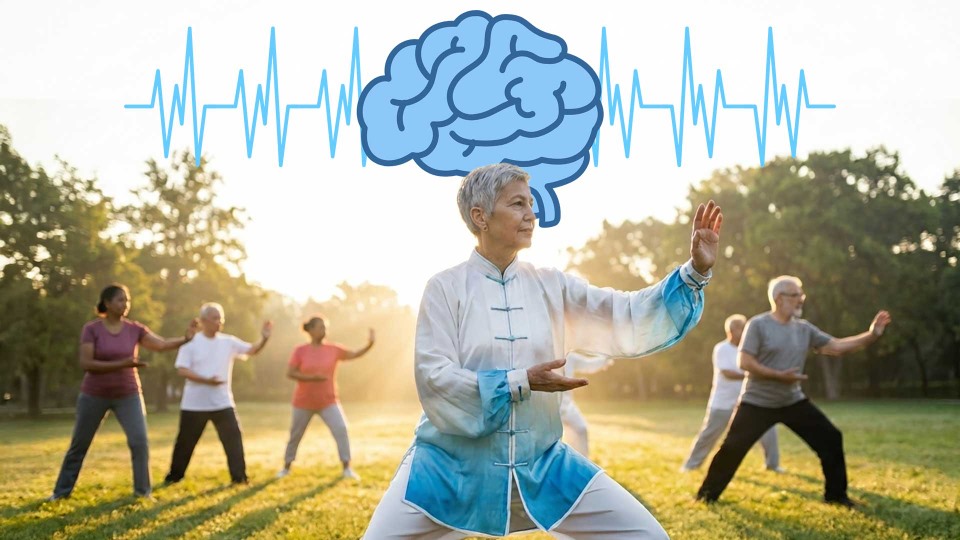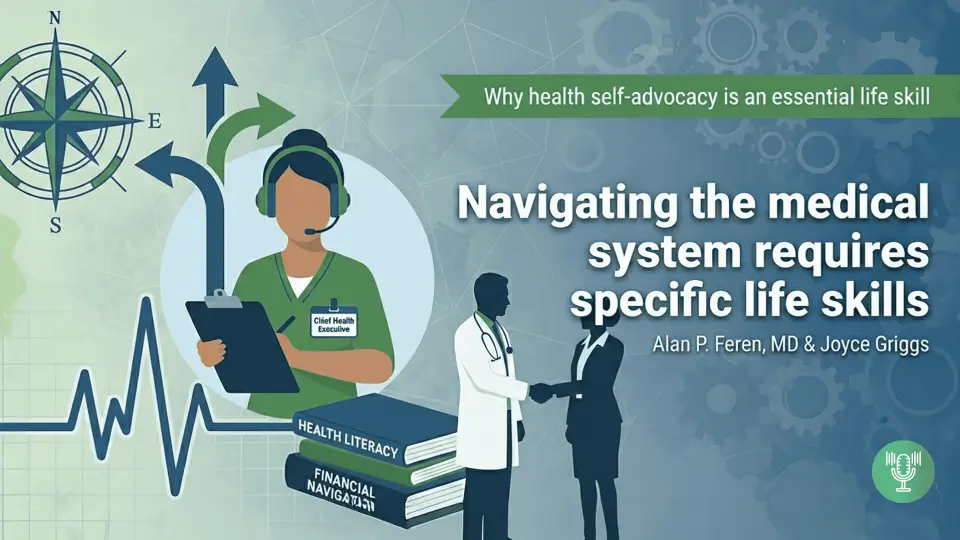While there’s currently no treatment that can prevent or cure dementia, researchers have identified some factors that may help protect you from cognitive decline.
Exercise
Exercise offers an impressive array of health benefits. Not only does staying physically active help your brain, it also helps lower your risk of these conditions:
- Heart disease
- Type 2 diabetes
- High blood pressure
- Colon cancer
- Breast cancer
Exercise also helps relieve insomnia, anxiety, and depression. In addition, it may help ward off cognitive decline and dementia.
Some studies have shown that engaging in a program of regular exercise improved cognitive function in people who already had memory problems. Exercise may be particularly advantageous for people who carry the APOE4 gene variant, which makes people more susceptible to Alzheimer’s.
A Mediterranean-style diet
This eating pattern has long been recognized as promoting better cardiovascular health, lowering the risk of certain cancers, and may protect against cognitive decline. A Mediterranean diet also appears to lower the risk of developing MCI and slow the progression to dementia in people who have the condition.
A Mediterranean diet emphasizes:
- Fruits
- Vegetables
- Whole grains
- Beans
- Nuts and seeds
- Olive oil,
- Fish, poultry, and dairy products
Alcohol
Some older studies suggest that people who consume an average of one alcoholic beverage per day may have a lower risk of dementia However, experts do not recommend drinking alcohol to prevent cognitive decline. If you enjoy an occasional alcoholic beverage, you should limit your consumption to no more one drink per day.
In one study, heavy drinkers—defined as more than four drinks per day or 14 per week for men and more than three drinks per day or seven per week for women—had a 22% higher Alzheimer’s risk than the nondrinkers.
Sleep
Our bodies rely on a certain amount of regular sleep for a variety of essential functions, many of them in the brain. Studies have shown that people who regularly sleep less than the recommended seven to eight hours a night score lower on tests of mental function. This may be because learning and memories are consolidated during sleep.
Mental stimulation
Many researchers believe that education level is less important in maintaining a healthy brain than the habit of staying mentally active as you age. One study found that mentally intact people in their 70s and 80s who engaged the most with mentally stimulating activities were half as likely to develop mild cognitive impairment as those who reported the least amount of participation. Example of the types of activities included reading, writing, doing crossword puzzles, playing board or card games, engaging in group discussions, and playing music.
Social contacts
Social interaction can have profound effects on your health and longevity. In fact, there’s evidence that strong social connections may be as important as physical activity and a healthy diet. Research shows that people with strong social ties are less likely to experience cognitive declines than those who are alone. Social activities require you to engage several important mental processes, including attention and memory, which can bolster cognition. Frequent engagement helps strengthen neural networks, slowing normal age-related declines. It may also help strengthen cognitive reserve, which can delay the onset of dementia.
In addition, having a strong network of people who support and care for you can help lower your stress levels. By contrast, depression, which often goes hand in hand with loneliness, correlates to faster cognitive decline.
Reference: Posted in Harvard Health Publishing (2023), Available at: https://www.health.harvard.edu/mind-and-mood/protecting-against-cognitive-decline (Accessed: 23 May, 2024)






